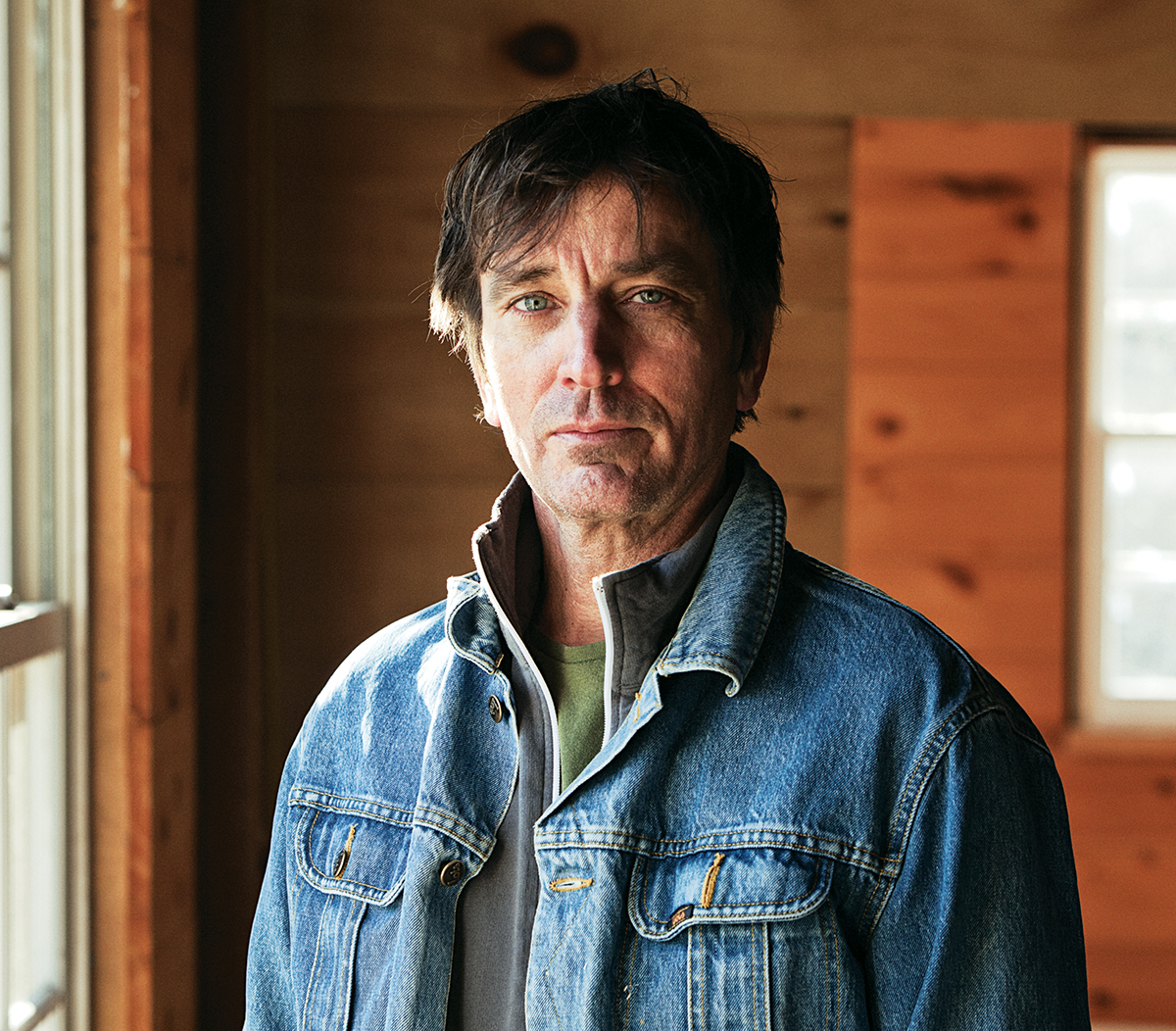Hubbub with Nick Flynn

Photo by Geordie Wood
Your story seems more brooding and complicated in a lot of ways than the standard movie — there’s more turmoil.
Well yeah, except for, like, a zombie film. They have a lot of turmoil in zombie films.
That’s true. Does Robert De Niro eat any brains?
Oh yeah, that’s the big secret. It actually is a zombie film. We have to market it that way because it will sell huge.
In your book, when you describe meeting your dad at the shelter for the first time, you say that it wasn’t this big, dramatic scene. Your point seemed to be, very deliberately, that it wasn’t like a movie.
To go that way would be like trying to transform it into some sort of daytime talk show, where you’re only allowed one or two big emotional responses. The moment my father walked in the shelter, I had at least 100 emotions within a second. Maybe another filmmaker might have tried to turn that stuff up, but [director] Paul Weitz got it. He captured the tone of the book really well.
As an executive producer on the movie, how were you involved?
I was in pre-production every day, we looked at costumes and locations together, I read all the drafts of the script. It was a good collaboration. It worked out for me to be on set every day, which was a total thrill and a mind-fuck at the same time.
I heard you say somewhere that Paul Dano got some things about you that maybe you didn’t when you were younger.
Yeah, well, he got 20 takes, you know? But I often said to Paul that he was a much better me than I was.
The movie teleports the story from Boston to New York, right?
No, we filmed it in New York, but it’s set in an unstated city. We don’t show the skyline. It’s all shot tight, so it’s just street level. It was purely economic, really. That’s just how it played out.
Well, if people see a gritty, tightly shot film, maybe they’ll just assume it’s Boston.
Because we know what Boston’s like. We all talk like the Kennedys and rob banks.
But in the book, the smallness of Boston plays a big role — just the idea that no one’s ever really that far away, especially your dad.
It’s such a Boston book, it seems almost impossible not to have it there, but we looked at various films, like the Dardenne brothers’ La Promesse, which is this great French film, and saw how you don’t need to know where it’s taking place. The film has to be its own thing — it is its own thing — but hopefully there is still some sense that these coincidences could happen.
How has your relationship with your dad progressed over the years?
The book itself was not intended to be something that got me closer to my father, but in the end, that’s what happened. He’s not in great shape in some ways, but in some ways he’s in amazing shape, considering the life he’s lived. De Niro and Paul Weitz and I went and met him a little over a year ago, and he held forth for an hour and was very pleased to talk about himself. We have sort of a complicated relationship, but it’s a little clearer than it ever was.
You talk a lot in the book about how self-aggrandizing he is, so if ever there were someone who’d like being played by De Niro…
He was a little underwhelmed, because he thought that Dustin Hoffman would play him. He seemed to tolerate that De Niro was going to play him, but he knew that Dustin would be the best.
So how are you feeling about seeing the movie?
My emotions flicker from one to another. I’m excited and nervous and freaked out and filled with ridiculous pride and horror at the same time.